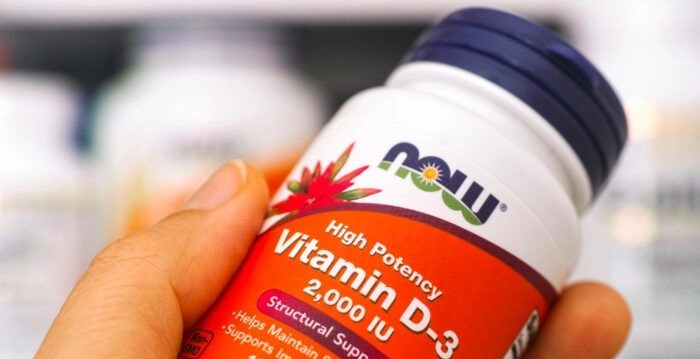[The Epoch Times, February 23, 2024](The Epoch Times reporter Lai Minru reported in Taipei, Taiwan) According to statistics, the vitamin D deficiency rate among Taiwanese women of childbearing age between 20 and 49 years old is about 45%. The National Health Administration reminds that vitamin D is essential during pregnancy. An important key nutrient, lack of vitamin D may affect the health of mothers and infants. Women who are preparing to become pregnant or are pregnant are encouraged to have moderate sun exposure and to supplement their daily diet with egg yolks, fish and other foods rich in vitamin D.
Jane Renjizheng and Lin Zhensu from the Maternal and Child Health Group of the National Health Service said that vitamin D is an important factor in human bone metabolism. It can be ingested from food such as fish and eggs, or synthesized by the skin under sunlight and ultraviolet irradiation. The nutritional status of pregnant mothers It is closely related to the healthy growth of the fetus. If vitamin D is lacking during pregnancy, it may cause osteomalacia in adults and rickets in infants and children, and increase the risks of gestational diabetes, fetal underweight, premature birth, etc.
For women who are pregnant or already pregnant, the National Health Service shares 2 tips to effectively prevent vitamin D deficiency. Lin Zhensu said that the first step is “moderate sun exposure”. Pregnant mothers can expose their face, arms and other parts to moderate sun exposure without applying sunscreen products, 3 to 4 times a week, and spend about 10 to 20 hours in the sun each time. minutes, but do not expose to the sun in the middle of the day. It is more appropriate before 10 a.m. or after 2 p.m. every day.
Lin Zhensu said that the second step is to “consume foods rich in vitamin D.” According to the dietary nutrient reference intake recommendations, pregnant women must consume 10 micrograms of vitamin D every day, which is equivalent to 400 IU (international units). Daily diet can be achieved through Supplements include vitamin D-rich egg yolks, sun-dried dried mushrooms, or fish such as mackerel, saury, salmon, and dairy products with added vitamin D.
According to the National Health Administration, vitamin D is a fat-soluble vitamin. Containing fat in the diet can increase the body’s vitamin D absorption rate by 32%. It is recommended that cooking food be added with fat or stir-fried with oil to help achieve the recommended daily intake of vitamin D for pregnant women. , combined with adequate calcium supplementation, can you have healthy bones and allow the normal and healthy development of fetal bones.
The National Health Administration reminds that serum vitamin D concentration less than 20 ng/mL is considered deficient. If there is insufficient intake in daily life, pregnant women can consult a nutritionist for dietary assessment when necessary, improve personal eating habits, or take a doctor’s prescription Under guidance, supplement nutritional supplements specifically designed for pregnant women.
Editor in charge: Lin Qinzhi
2024-02-23 13:15:42
#Fortyfive #percent #women #childbearing #age #deficient #vitamin #National #Health #Administration #recommends #supplements #Pregnancy #Epoch #Times


